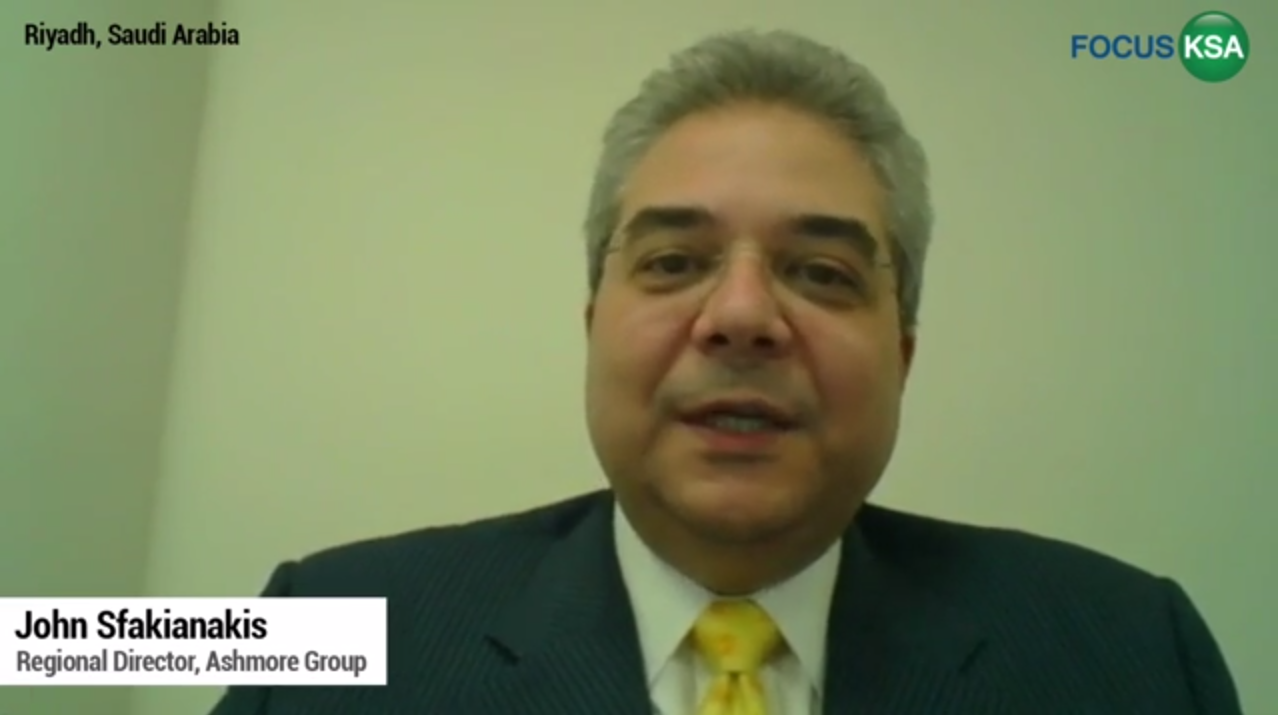Saudi Arabia’s 2015 budget has captured attention as a counter-cyclical fiscal policy to spend heavily despite a projected deficit on the back of falling oil prices.
SUSTG’s President Richard Wilson sat down with Dr. John Sfakianakis, Regional Director for the GCC at Ashmore Group, for a wide-ranging interview to discuss issues affecting the Saudi economy. The discussion touched on issues related to Saudi Arabia’s budget, oil prices, Saudi Arabia’s role as an energy producer on the shifting global stage, and the opening of the Saudi stock market to foreign investors in 2015.
“There is one important message in the Saudi budget,” Sfakianakis said, “that regardless of what happens to oil prices…whatever the oil story, the fiscal side of the economy – the spending of the government” will remain unaffected by the price of oil in the near term.
With non-oil private sector growth healthy in Saudi Arabia, the private sector would have taken as an indication that the government is contracting, so they would not want to hire and spend, Sfakianakis said. “The region looks at Saudi Arabia and they look at the budget.”
Much of the Government’s spending is focused on education and healthcare. Defense and security usually has between 30-35% of the budget.
“The key message here is human capital formation” with a focus on education and developing the skills needed to advance Saudi Arabia’s economy from a labor perspective, Sfakianakis said.









